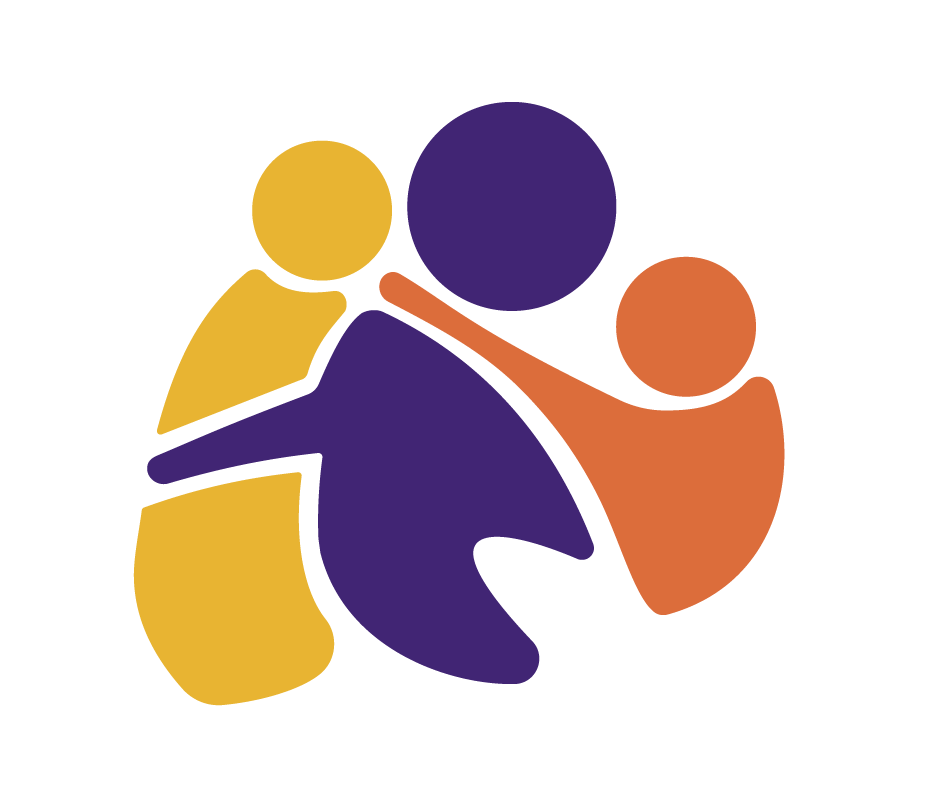One of the biggest and most complicated challenges that parents face as their children grow in today’s world seems to be related to spending time online – surfing the net or on social media sites. Having almost constant access to the internet is a relatively recent phenomenon and the impact it is having on the social and emotional wellbeing of young people is new territory.
As such, many of the calls we receive at Parent Help are around how and when to limit online access – in particular for tweens and teens.
Parents seem to be caught in a constant online time/screen time battle and many of our caller’s report that the only way to get their kids offline is to confiscate phones and switch off the wifi! The tension that this creates within the home is leading many parents to feel totally overwhelmed and disconnected from their tweens and teens.
The reasons that parents want to control the amount and type of online activity are well founded: according to an OECD report excessive internet use can be detrimental to young people’s mental health and body image, it can affect sleep patterns, and can lead to cyber-bullying or unsafe behaviours.
General strategies
Below are some general strategies that Parent Help recommends to parents to help their tweens and teens safely navigate the new digital landscape.
Take an interest in their online world:
From early on, it’s important to establish what type of online activities your child is engaged in. Try and approach the conversation in a non-confrontational way and ask them about what social media sites, games, or apps they enjoy and why. Ask them to show you what they post or what they have been watching. Tell them that you are genuinely interested in what goes on in their online world! It might help to become their “friend” on social media – this includes showing them what you do when you’re online and share the highlights with them e.g. a funny video you watched or a nice post on social media you liked.
Teach them about the “downsides” of the internet:
Having a few light conversations about a funny video you saw online makes it easier to start the more difficult conversations around the dangers of the internet and how to manage them. Educate yourself about digital footprints (click here for article), online privacy (click here for article), and cyber-bullying (click here for article). It’s important to talk to them about each of these topics in-depth and provide guidance on how to protect themselves and behave appropriately when they are online. Make sure to be specific about what values you hold; and therefore, what content is off-limits or what behaviours are inappropriate. Try and have these conversations regularly and in non-threating places e.g. while driving in the car.
Help them establish healthy habits:
Research has shown that excessive time online (more than 2-3 hour per day) leads to poorer mental health in young people (Hoare, Milton, Foster & Allender, 2016). As such, it is important that parents set in place guidelines for how much time is spent online.
The time of day is also important to consider, as research shows that looking at screens just before bed can impact on sleep quality (Hale and Guan, 2015).
Things to consider when coming up with your family screen-time plan:
- How much time does each family member spend online? How does this affect their mood/productivity?
- Are they looking at screens before bed?
- What don’t you want them doing online? Have you installed software that blocks/restricts content?
- For children and tweens, are they only online with an adult in the room to monitor content?
- Do you have regular conversations about digital footprints, online privacy, cyber-safety and cyber-bullying?
- Has each family member got access to a resource such as the Netsafe Staying Safe Online Guide
Stick to the rules
Many social media sites have rules and regulations to adhere to. It’s important to teach children to respect these – they are there for a reason. For example, the age of eligibility on many sites is 13 years old. When this is the case, wait until after this age before letting them join. Once they are past the age of eligibility, and you feel they are ready, take the time to learn about the site and teach them how to use it appropriately. For example, you could begin by using it together and talk through any potential concerns you have.
Ask for help
If you feel concerned about any of the topics discussed in this article, our telephone support workers are happy to talk it through with you. Call our free nationwide Parent Helpline on 0800 568 856.
Related links


